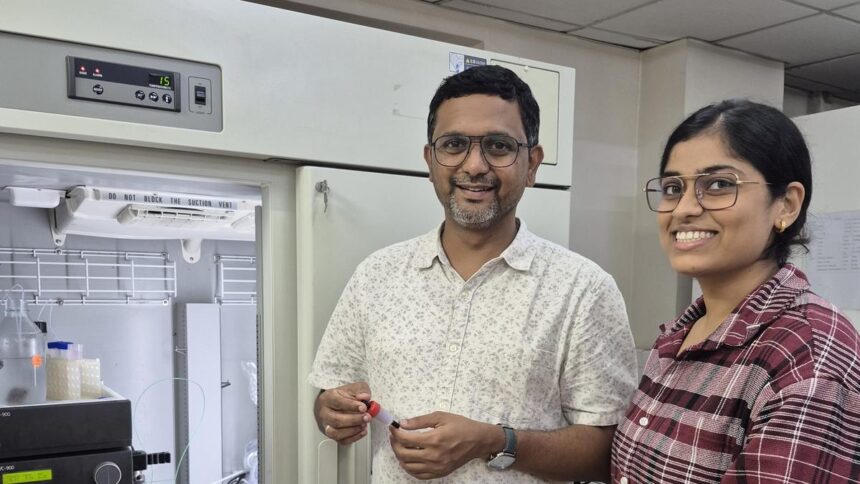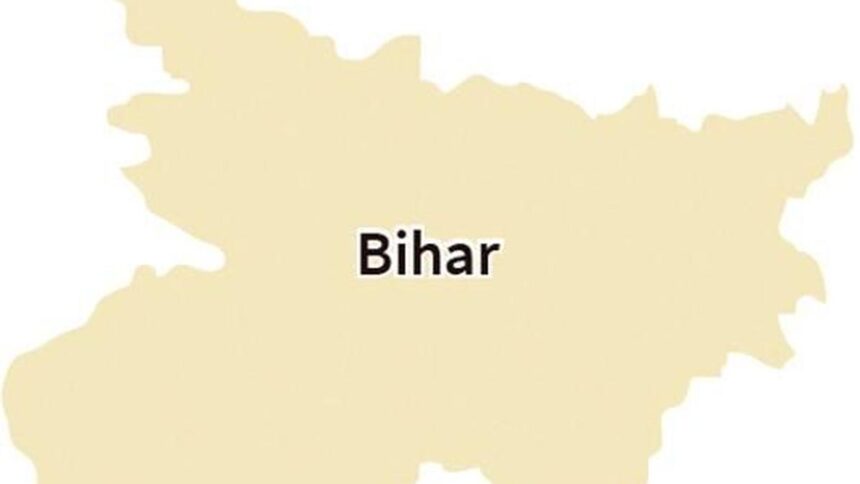Three years after the Government of India’s Ministry of Minority Affairs discontinued the Padho Pardesh scheme, the Tamil Nadu government has introduced a new overseas scholarship programme, which will aid 10 students from the Muslim community every year pursue higher studies abroad with assistance of up to ₹36 lakh per student.
The scholarship will assist their higher studies if they are admitted to institutions ranked within the top 250 in the Global QS (Quacquarelli Symonds) rankings. The scholarship programme will be implemented through the Tamil Nadu Waqf Board on a pilot basis.
It will assist Muslim students pursue postgraduate programmes in engineering and management, pure and applied science, agricultural science and medicine, international commerce, economics, accounting finance, humanities, social science, fine arts, and law. The applicants’ total family income from all sources must not exceed ₹8 lakh p.a. A Government Order (G.O.) in this regard was issued in the first week of September.
In December 2022, the Commissioner of Minorities Welfare informed the State government that the the Government of India had discontinued the Padho Pardesh programme and further submitted a proposal to implement an overseas scholarship programme to continue supporting the educational and economic advancement of students from minority communities. The Tamil Nadu government accepted the proposal and has sanctioned a sum of ₹3.60 crore for 2025-26.
As per the guidelines issued, the applicant must have obtained 60% marks or equivalent grade in the foundation degree in the eligible disciplines and must have obtained an unconditional offer of admission letter from the institutions concerned. Applicants must not exceed 30 years of age on the first day of April of the respective selection year for postgraduate courses.
The scholarship will have two components — tuition fee payable by the student every year and living expenses, visa fees, medical insurance premium, and air fare at the beginning and end of the programme. “The total scholarship under both components should not exceed ₹36 lakh per candidate, or the actual expenditure, whichever is less,” it said. The scholarship is payable in four equal instalments. A State-level selection committee will scrutinise the applications received.
Published – September 06, 2025 11:28 pm IST






















